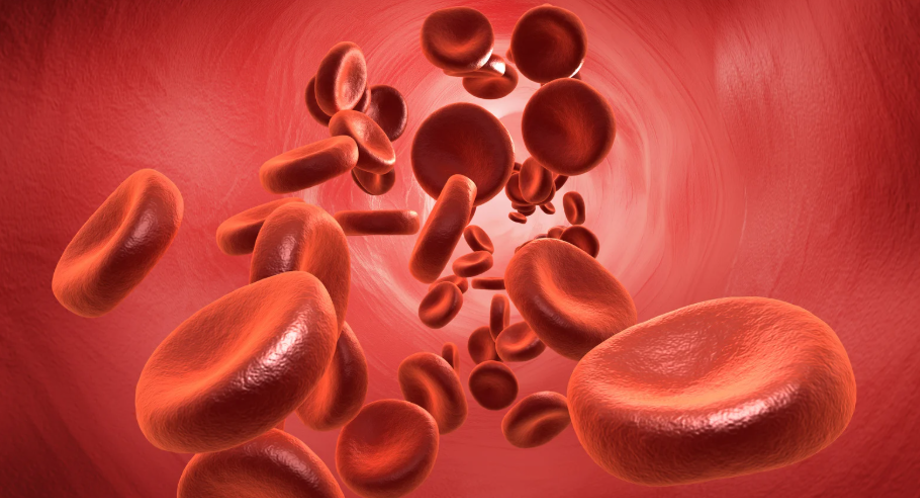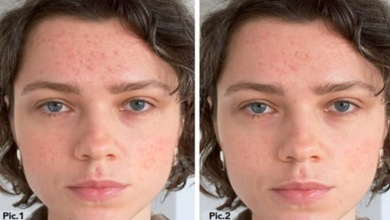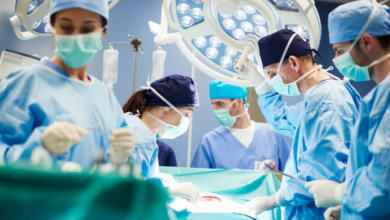Autoimmune disorders can disrupt the body’s natural healing systems, often resulting in chronic inflammation, fatigue, and tissue damage. Conventional treatments may help control symptoms, but they don’t always address the underlying dysfunction in cellular repair. For individuals seeking more progressive options, TruDOSE regenerative technology in Davie, FL, has emerged as a targeted approach to accelerate recovery by restoring cellular balance and supporting immune modulation. This therapy leverages customized biologic dosing, guided by real-time testing, to stimulate natural healing in patients dealing with complex immune conditions.
How TruDOSE Supports Regeneration at the Cellular Level
Autoimmune disorders cause the immune system to attack healthy tissues, impairing the body’s ability to repair and regenerate. TruDOSE technology counters this by introducing regenerative biologics that communicate directly with the body’s cells to reset immune responses and activate repair mechanisms.
What sets this approach apart is its personalized dosing strategy. Unlike fixed-dose biologic therapies, TruDOSE evaluates real-time physiological data to calculate individualized doses that align with the body’s actual needs. By understanding how TruDOSE regenerative therapy works, it becomes clear that the system’s precision dosing ensures optimal bioavailability while minimizing the risk of overstimulation, an approach particularly well-suited for managing autoimmune recovery.
Bridging the Gap Between Immunity and Inflammation
A key challenge in treating autoimmune conditions is regulating systemic inflammation without suppressing the immune system entirely. TruDOSE addresses this through cell signaling, where regenerative components like exosomes or cytokines send reparative messages to damaged or overactive cells.
The process helps recalibrate immune activity, reducing destructive inflammatory responses while encouraging tissue repair. This is particularly impactful in conditions like lupus, rheumatoid arthritis, or multiple sclerosis, where immune dysregulation compromises both function and quality of life.
See also: How a Garbage Pickup Service Improves Community Living Standards
Supporting Natural Healing Pathways
Recovery from autoimmune dysfunction is not simply about suppressing symptoms; it requires activating the body’s natural systems to regain balance. TruDOSE promotes this by enhancing mitochondrial activity, improving circulation, and optimizing cellular energy use. These effects contribute to reduced fatigue, improved cognitive clarity, and greater resilience against flare-ups.
In exploring how TruDOSE regenerative technology supports natural healing processes, it’s evident that this method does more than repair damage; it restores the foundation of immune function. The outcome is not just symptom relief, but functional improvement that supports long-term recovery.
Professional Oversight Is Critical for Safe Application
Because TruDOSE therapy relies on biologics and precision dosing, it must be administered under professional supervision. A clinical team evaluates markers such as inflammation levels, oxidative stress, and immune activity to customize each treatment cycle. This level of oversight ensures both safety and efficacy, particularly for individuals with complex or overlapping conditions.
Additionally, professionals monitor patient progress over time, adjusting protocols as the immune system stabilizes. This iterative approach allows for more dynamic and responsive healing, minimizing setbacks and enhancing long-term benefits.
Integrating TruDOSE into Comprehensive Autoimmune Care
TruDOSE isn’t intended to replace medical management of autoimmune conditions, but rather to complement it. When integrated with other therapies such as nutritional optimization, hormone balancing, and neurological rehabilitation, the outcomes become more sustainable.
Patients report increased energy, reduced joint pain, improved gut health, and more consistent remission timelines when TruDOSE is used as part of a broader care strategy. The ability to personalize therapy at the cellular level allows for flexibility in treating a wide spectrum of autoimmune presentations.
Conclusion
The potential of TruDOSE regenerative technology lies in its ability to target the biological roots of autoimmune disorders rather than merely suppressing symptoms. Through real-time testing, personalized dosing, and immune recalibration, this therapy opens new doors for patients seeking lasting recovery. With professional administration and integrated support, TruDOSE stands as a compelling advancement in the future of regenerative medicine for autoimmune care.




